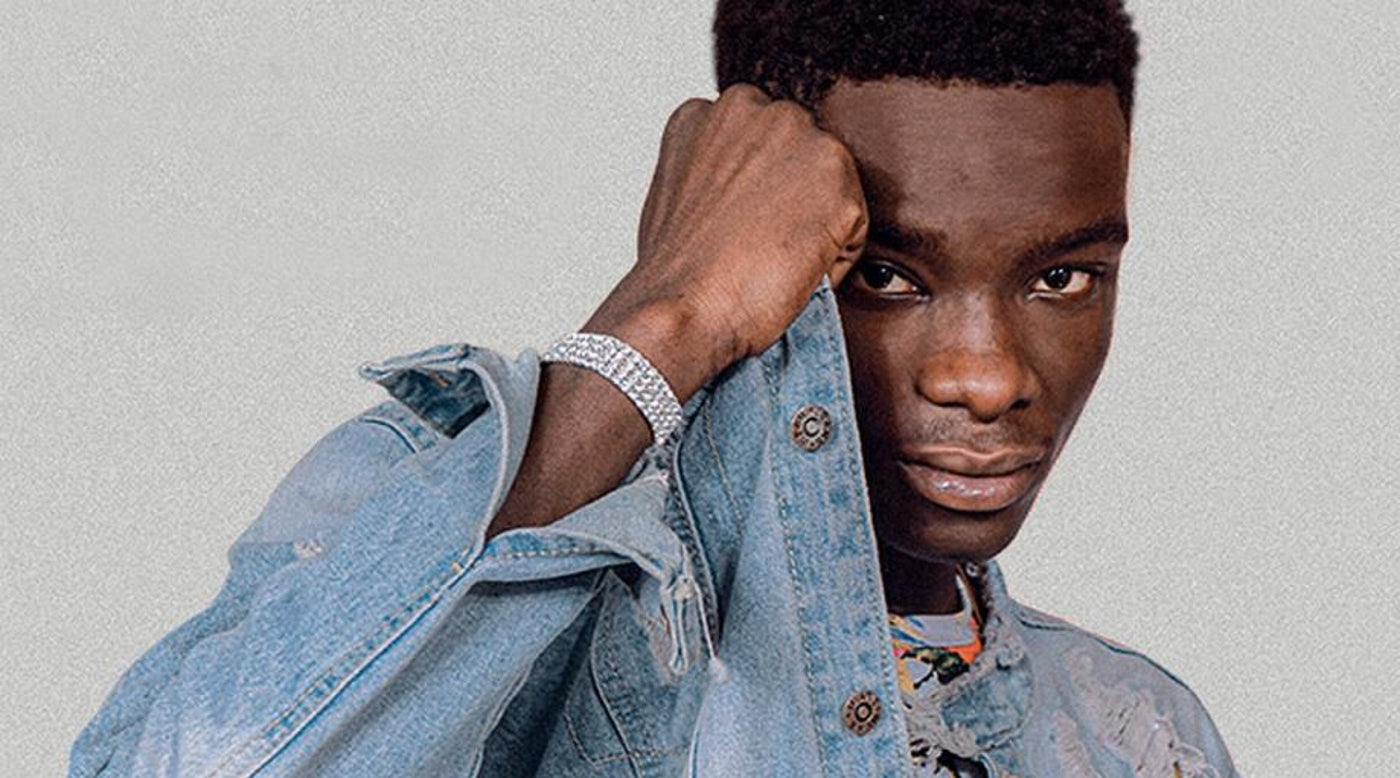Your Cart is Empty




We'd like to give a massive thank you to Alka Pô, Abasko Touré and Soul B Gang for giving us such an insight into what Mali is like at the moment for urban musicians and of course, Philippe Sanmiguel, for making this wonderful album possible.
You can explore the music of Alka Pô , Abasko Touré, Soul B Gang and many more of the most electrifying Malian rap, hip-hop, RnB, afro trap and electronic music artists on The Rough Guide To Urban Mali.